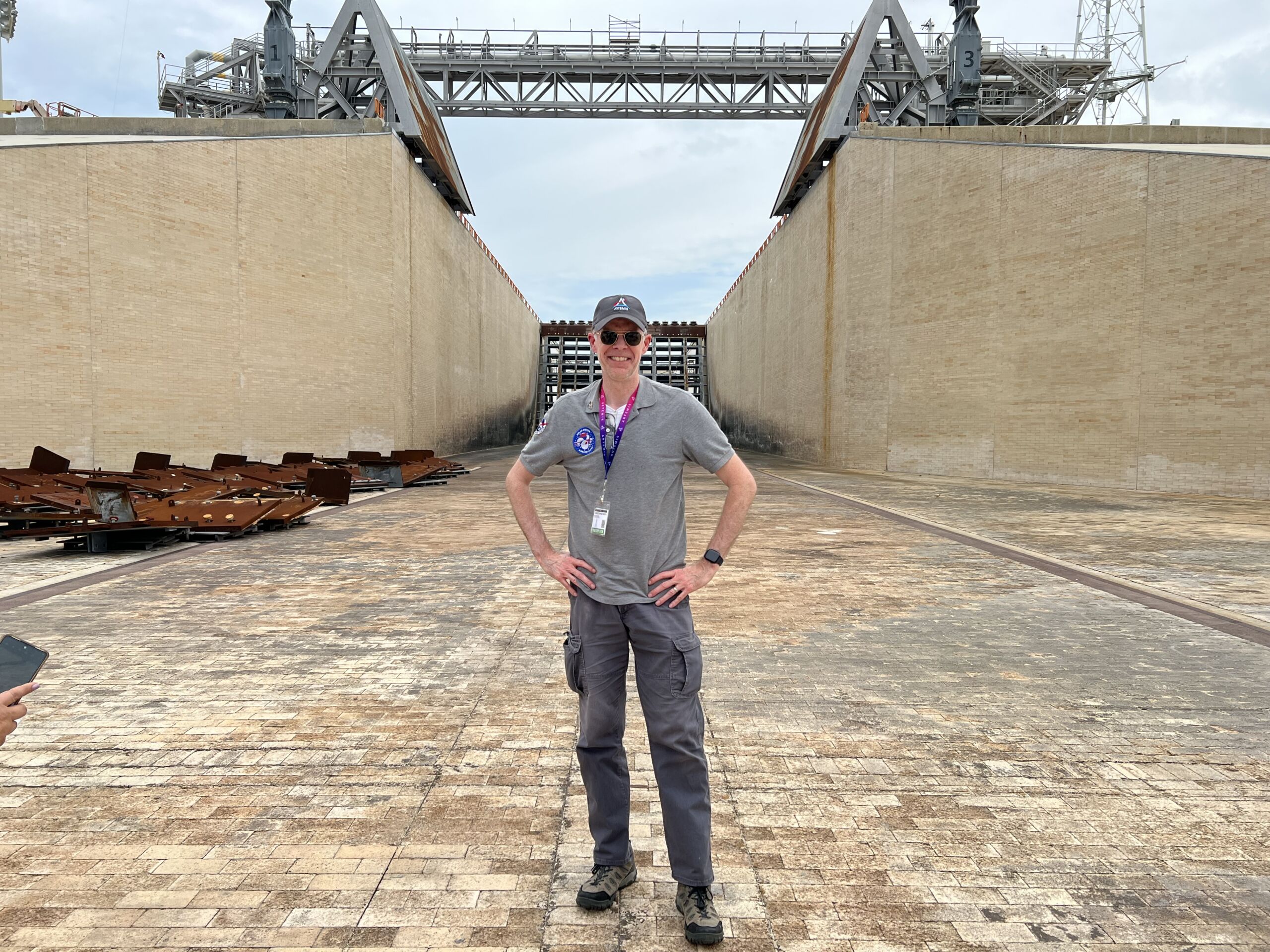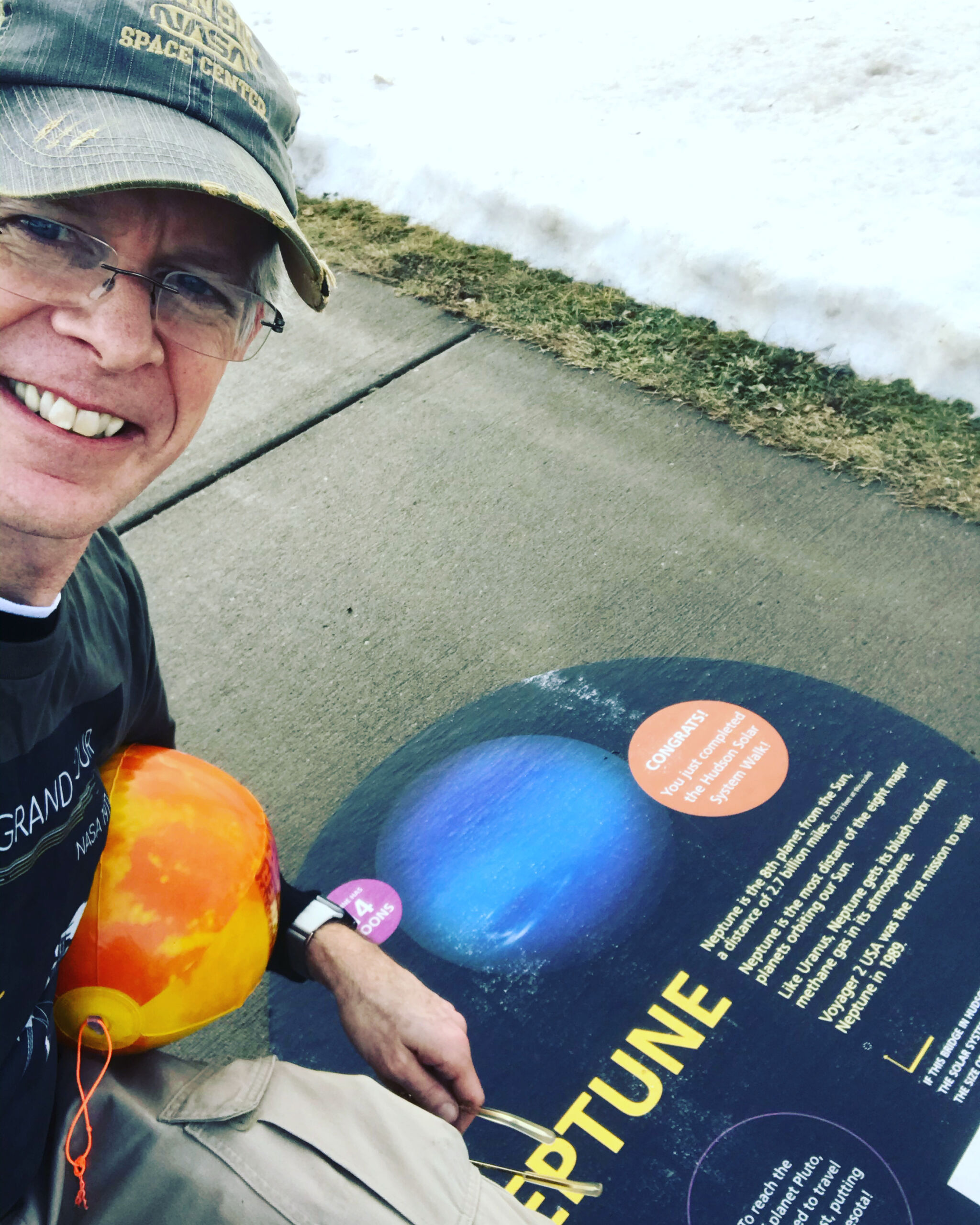Image credit: The Planetary Society
I often have people come up to me after presentations to ask how they can be more involved. It is a great question, and there are so many great answers. First of all there are membership organizations. These are usually annual memberships with an associated fee, and options such as a regular magazine (that you can choose a digital or print magazine mailed to you). There are so many out there, that I could use this entire post just to list all the options! For the sake of space considerations, I will mention three (all of which I am a current member of) that focus on different audiences and subjects. The Planetary Society (www.planetary.org)
Bill Nye is the chief executive officer of the Planetary Society which advocates for exploration missions, new technologies to pursue, and supports programs such as Planetary Protection and its own privately funded missions such as LightSail. Website, blog, members-only content, monthly e-newsletter. Memberships start at $50.00 yr.
The Civil Air Patrol http://www.gocivilairpatrol.com features resources for Educators, both digital and physical through their Aerospace Education Member (AEM) program for K-12 formal and informal educators at schools, youth organizations, museums and libraries. Some of the resources include free K-12 books, free K-12 STEM Kits, subscription to Civil Air Patrol Volunteer magazine. One-time $35.00 fee; with free annual renewal.
The National Space Society (nss.org) is an independent, nonpartisan, educational, grassroots, non-profit organization dedicated to the creation of a spacefaring civilization. Natiional Space Society holds an annual conference. Subscription to Ad Astra magazine, website, blog, regional chapter meetings, monthly e-newsletter. Memberships start at $25.00 yr.
All of the organizations have wonderful outreach and education components. I encourage you to explore their websites to see if any might be a good fit for you.
Kickstarter (kickstarter.com) is the crowd funded project website where you can explore different creative ideas from proposals for original board games, info-graphic posters, and books to toy building blocks. in my case I backed all the aforementioned projects that had a space education theme connecting them all. Finding cool projects can be as easy typing “Space” in the search engine. Prices vary between projects and what level you wish to back at.
Citizen Science organizations such as zooniverse.org feature exciting projects, with more being added regularly that allow everyone from students to senior citizens to participate in real science investigations using raw data from organizations like NASA to sort, organize or help identify data points and conduct research.From the website, ” Zooniverse is the largest and most popular platform for people powered research”. More than a million people around the world have aided professional researches. Projects are open to anyone and registration is free.
Search your app store on your phone! Several free Citizen Science apps are available, you just need to find the one that is right for you, or to use with a group of students. NASA’s “Globe Observer” is one of my current favorites. Free registration allows you to help collect field data that will be sent to NASA researchers to help
calibrate satellite data and fine tune measurement collection and other uses. Current observations include, GLOBE Clouds, GLOBE Mosquito Habitat mapper, GLOBE Land Cover, and GLOBE Trees.
So there really is enough Space for everyone to get involved.




Leave A Comment